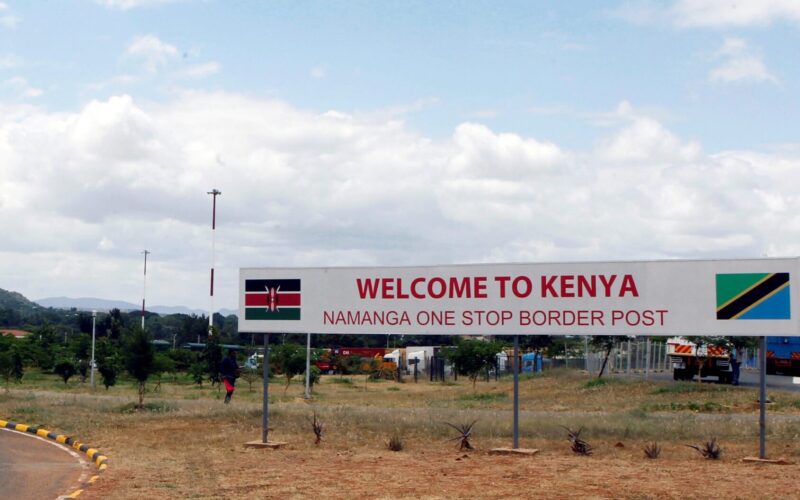The leaders of Kenya and Ethiopia pledged Wednesday to elevate their crucial economic partnership to new heights, eyeing joint infrastructure projects and freer cross-border trade as key to unlocking greater prosperity after years of instability in the Horn of Africa region.
Kenyan President William Ruto hosted Ethiopian Prime Minister Abiy Ahmed for bilateral talks in Nairobi. The warm reception underscored increasingly close relations between the East African nations as they aim to boost political stability and commercial links.
“Our bilateral ties are a role model that will work to liberate Africa not only politically but also economically,” said Ahmed after a luncheon with speeches extolling regional integration.
Analysts say the reset in relations is driven partly by Ethiopia’s increasing reliance on access to the Kenyan coast and port facilities at Mombasa and Lamu. Landlocked Ethiopia is Africa’s second most populous nation but has been ravaged by conflict and drought in recent years.
Seeking to accelerate its trade capacities, Ethiopia signed an agreement with the breakaway republic of Somaliland to develop a naval port in Berbera on the Gulf of Aden. That deal – inked without the consent of Somalia which still claims Somaliland as its own territory – could grant Ethiopia an alternative and more direct route to maritime commerce.
Kenya’s foreign ministry has voiced support for the agreement despite protests from Somalia, where Kenyan forces remain active fighting al-Shabab militants.
Analyst Peter Kagwanja of the Africa Policy Institute said the Berbera arrangement underscores Ethiopia’s strategic thinking. “For its projected economic growth and development, Ethiopia needs access to the sea,” he told Reuters News Agency. “The project could be an economic boon for the region.”
Ruto said Wednesday his administration is prioritizing joint infrastructure ventures with Ethiopia, including oil pipelines and roads linking to seaports, as a catalyst for jobs and expanded trade.
With new hospitals and transport links already underway, improved connections seem essential as both nations work to recover from crises, reinvigorate state institutions, and achieve sustainable growth that improves livelihoods.
Let me know if you would like me to modify or expand the rewrite further.


